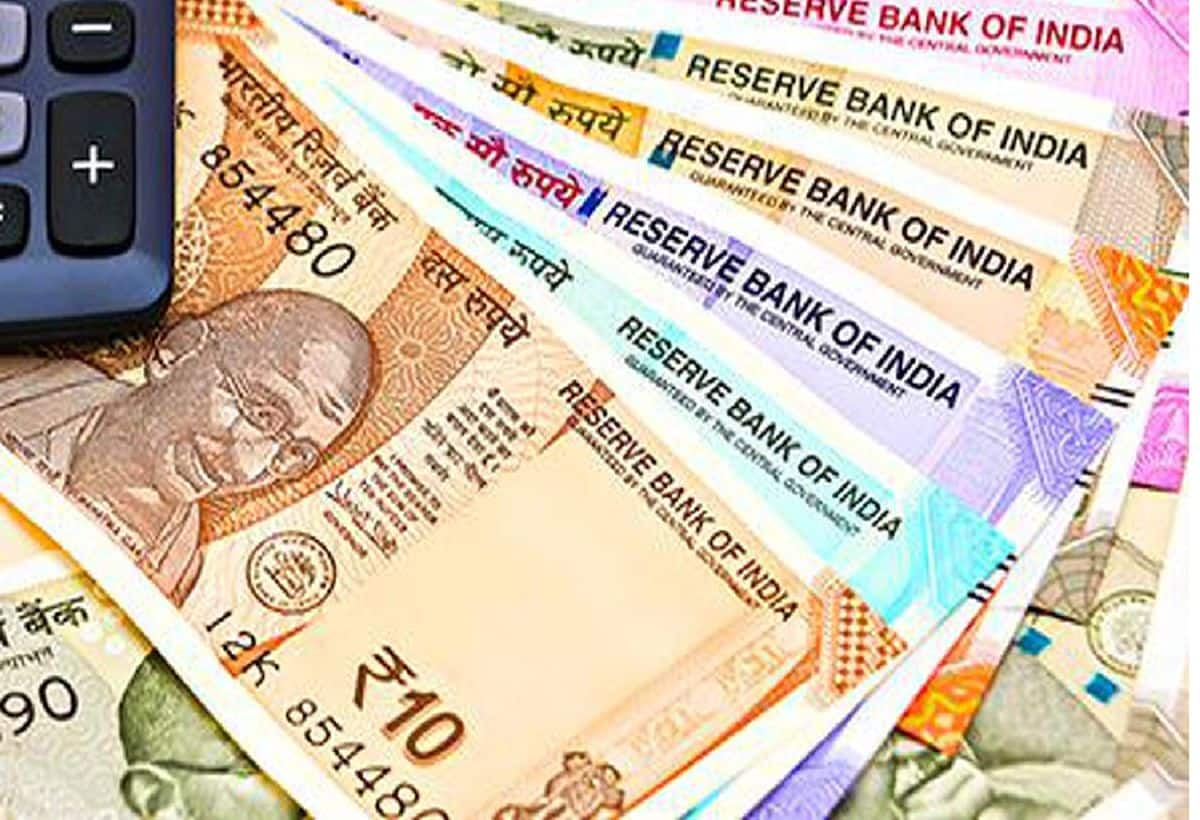TheFinQ.com is designed to be your one-stop destination for everything related to cards, loans, and investment products across India. We help you compare and choose the best financial products that suit your needs, including:

The tissue paper business is one of the fastest-growing sectors in the paper industry. With increasing awareness of hygiene and convenience, the demand for tissue paper products—such as facial tissues, paper napkins, and toilet rolls—has soared globally. Starting a tissue paper business can be a lucrative venture, offering high demand and steady growth opportunities. This guide provides a detailed overview of how to launch and grow your tissue paper business successfully.
Before diving into the business, it’s essential to grasp the dynamics of the tissue paper industry. Tissue paper is a lightweight, absorbent paper product primarily used for hygiene purposes. It falls into various categories:
The industry caters to both individual and commercial markets, making it versatile and scalable.
The first step is conducting thorough research to understand the market trends, competition, and customer preferences.
Investing time in market research will help you identify gaps in the market and create a unique selling proposition (USP) for your business.
Tissue paper manufacturing includes a range of products. Decide whether you want to specialize in a specific product or cater to multiple categories. Your choice will depend on:
For instance, if you have limited resources, you could start with a single product like facial tissues or paper napkins and expand later.
A well-drafted business plan is crucial for outlining your business goals and securing funding. Include the following elements:
Choose a business name and register it as per the laws of your country. Depending on your location, you may also need the following licenses and permits:
Ensure compliance with all legal and regulatory requirements to avoid future complications.
Starting a tissue paper business requires significant investment in machinery, raw materials, and labor. Here are some funding options:
Choose a location that aligns with your production needs and market accessibility. Consider factors like:
Setting up your unit in an industrial area can reduce costs and ensure smoother operations.
The type of machinery you need depends on the scale and type of your business. Essential equipment includes:
Invest in quality machinery to ensure efficiency and minimize downtime. For small businesses, semi-automatic machines may be a cost-effective option.
Tissue paper manufacturing requires raw materials such as:
Partner with reliable suppliers to ensure consistent quality and timely delivery. Opting for eco-friendly raw materials can also attract environmentally conscious customers.
Once your machinery is in place, establish an efficient production process. The basic steps include:
Train your staff to operate machinery and maintain quality control at every stage.
A solid marketing strategy is essential for making your products known to customers. Here are some effective techniques:
Emphasize the unique features of your products, such as softness, strength, or eco-friendliness.
To ensure your products reach customers, establish a strong distribution network. Options include:
Start small and expand as your business grows.
In the tissue paper business, quality is crucial. Regularly test your products for:
Respond promptly to customer feedback and continuously improve your products to build loyalty.
Once your business is stable, consider scaling up by:
Starting a tissue paper business requires a clear understanding of the initial investment needed. The total cost depends on several factors, such as the scale of the operation, type of products, location, and the technology used. Below is a breakdown of the primary investment components to give you a better idea of the financial requirements.
The investment amount varies based on whether you are starting a small-scale, medium-scale, or large-scale tissue paper business.
Machinery constitutes a significant portion of the initial investment. The cost depends on the type and quality of machines you choose:
Investing in reliable and durable machinery ensures long-term operational efficiency.
Raw material costs depend on the volume and quality of tissue paper products you plan to produce. The key raw materials include:
On average, raw material procurement for small-scale production starts at ₹1–₹3 lakh per month.
The number of workers required depends on the scale of production and the type of machinery:
Labor costs can range from ₹10,000–₹20,000 per worker per month, depending on their skills and experience.
The location and size of your facility impact the monthly rent and utility costs.
Utility costs, including electricity, water, and maintenance, typically range between ₹10,000–₹1 lakh per month, depending on production levels.
Legal compliance involves certain one-time and recurring costs:
Building a brand and reaching your target audience involves additional costs:
Allocating 5–10% of your total budget to marketing ensures visibility and customer acquisition.
Working capital is essential for day-to-day operations and covers expenses like raw materials, labor, transportation, and utilities.
Always set aside a contingency fund to handle unforeseen expenses such as equipment breakdowns, price fluctuations in raw materials, or emergency repairs. A recommended amount is 10–15% of your total investment.
| Business Scale | Investment Range (₹) |
| Small-Scale | 5–15 lakh |
| Medium-Scale | 20–50 lakh |
| Large-Scale | 1 crore or more |
The investment required for your tissue paper business will vary based on your choices, but a detailed plan ensures you allocate your resources effectively. Proper cost management and strategic decision-making are crucial for long-term profitability.